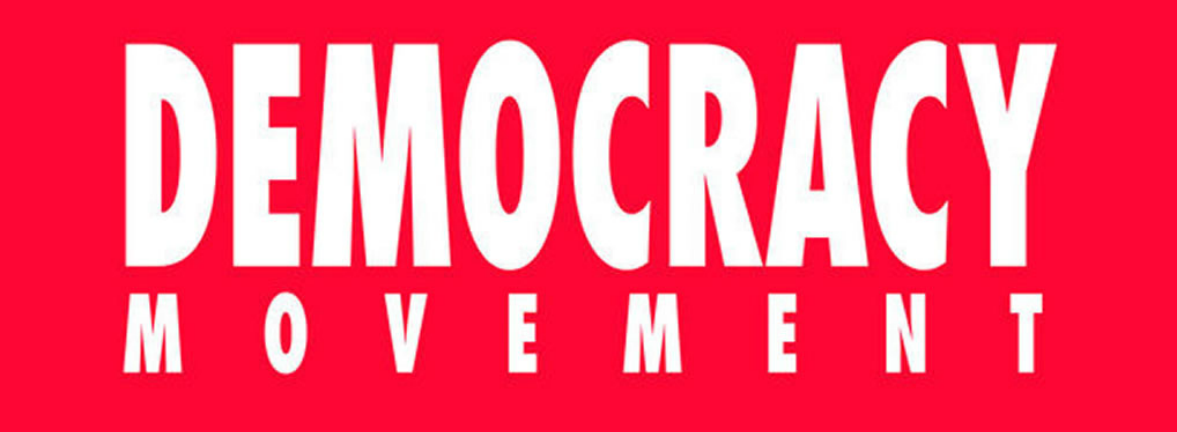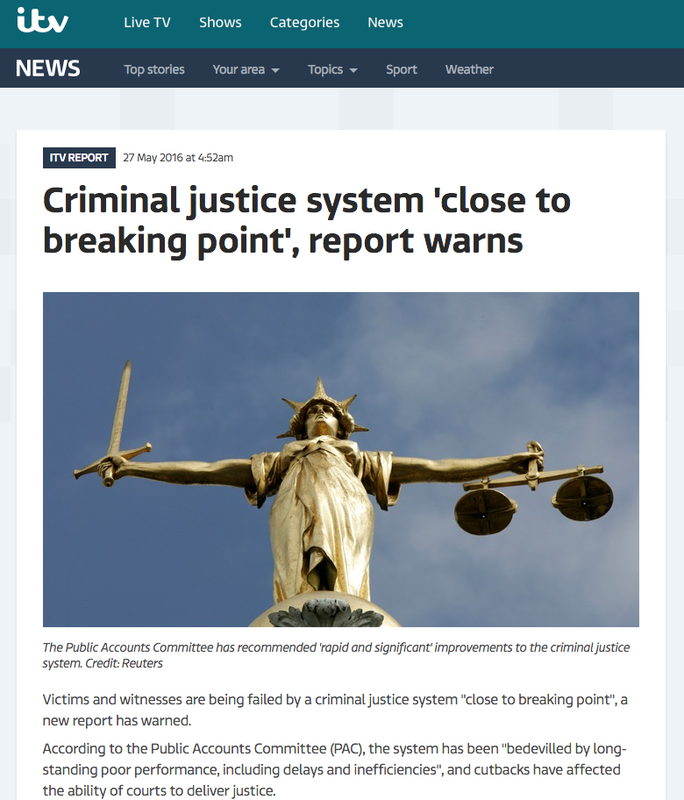In addition to delays and inefficiencies, the committee also found that the Crown Prosecution Service was struggling to find counsel to prosecute cases as a result of legal aid cuts.
In April, the Observer reported that legal aid cuts have led to a surge in incidents of DIY defence. A study by the charity Transform Justice revealed that miscarriages of justice and long delays in the criminal justice system are becoming more common because a growing number of people are having to represent themselves in court. In 2013, the previous coalition government cut whole areas of civil proceedings for which people can receive financial help, in an effort to reduce the legal aid bill by £350 million a year. This included family law, such as divorce and custody battles, personal injury and some clinical negligence cases, some employment and education law, immigration where the person is not detained and some debt, housing and benefit disputes. Speaking to the Observer, Mark Fenhalls QC, the chairman of the Criminal Bar Association, said; “The efficiency and fairness of our justice system depends on both sides being properly represented. There is increasing evidence from civil and criminal courts that restricting legal aid is counter-productive and has made the court system less efficient and more expensive." Laura Janes, a consultant solicitor with the Howard League for Penal Reform, who works with vulnerable young defendants, said cuts and changes to legal aid had left morale within the legal profession very low. “The way in which fees are paid make it much harder to have really experienced senior solicitors doing this kind of work. Sometimes that’s what you need for really vulnerable defendants,” she said. Commenting on the charity's report, the director of Transform Justice, Penelope Gibbs, described the rise in unrepresented defendants as a “travesty”, and warned that justice was in danger of being denied to some on modest incomes who did not qualify for legal aid. “People who are denied legal aid are often not wealthy. They get little information to prepare for court and are thrust into an adversarial and complex process which even those who are represented find hard to follow. No wonder they end up pleading guilty when in fact they have a reasonable defence, or getting a longer sentence." On the latest findings by MPs, PAC chairwoman Meg Hillier MP said: "The system is overstretched and disjointed. Victims of crime are entitled to justice, yet they are at the mercy of a postcode lottery for access to justice." The amount of money at the root of these problems amounts to just three weeks' worth of the funds the UK pays to the EU - £121 million net, every week. A vote to leave the EU on 23 June would free up this money and allow it to be reallocated to improve the fairness of our justice system and allow access to justice for all, regardless of wealth.
0 Comments
|
Better BritainHighlighting how the UK's ArchivesCategories
All
|
|
The Democracy Movement, Marlborough House, High Street,
Hartley Wintney, Hampshire RG27 8NY T: 020 3637 4546 E: campaign @ democracymovement.org.uk © 2023 Democracy Movement. All rights reserved. |
Our legal status is as a registered company, limited by guarantee - a non-profit status. No. 3673846. In accordance with legal requirements, we file annual accounts and the details of our directors every year with Companies House.
Privacy statement: We will not pass on your contact details to any other organisation or use them for any purposes other than promoting the activities of our campaigns. |


 RSS Feed
RSS Feed